- The decision is ground breaking and a landmark one only comparable to the Reverend Njoya Case – Reverend Dr. Timothy M. Njoya And 6 Others V Honourable Attorney General And Another[2004] EKLR which fundamentally changed the approach in the year 2004 on how the Constitution was to be changed. There was to be no referendum had Njoya not gone to court then. With the David Ndii decision, the President has been told expressly that he cannot initiate a constitutional amendment process using the popular initiative route – the Wanjiku route.
- The decision at 321 pages is too long and laborious to read even for legal minds. The court is better of summarizing the facts and arguments than regurgitating everything said by the litigants. One can imagine that it’s only from paragraph 452 that the real judgment starts. Justice Kiage recently in the Court of Appeal decision in JSC Vs. Lucy Muthoni Njora had unkind words for counsels who engage in lots of verbosity and repetitions in their court papers. The same should apply to judicial officers and I hope that this decision is placed before Justice Kiage at the Appeal level.
- The composition of a High Court bench to hear a matter of Public Importance is critical in predicting the outcome of the matter. One can foretell whether the Court will adopt a conservative and conformist approach towards the state or radical approach. When Prof. Justice Ngugi and Odunga are on one bench, one can almost tell that “katanuka” and there will be no holds barred on the orders to be issued. Add Justice Chacha Mwita to the equation and the demolition of state indiscretions is complete. Both Prof. Justice Ngugi and Odunga judges were in the Mumo Matemu decision that sought to breathe life to Chapter 6 of the Constitution on integrity of State Officer. However, their efforts and sanitizing public offices were torpedoed by the notorious Court of Appeal. One wonders whether the selection of the BBI bench was deliberate or random from some quarters. some quarters have even suggested that for fairness to be achieved in such future matters, a random selection of judges should be undertaken.
- With the Court’s findings, amending the Constitution of Kenya will become a very expensive enterprise. The court has said on one hand stated that a “popular initiative” to amend the Constitution can be commenced and promoted by Wanjiku. However, Wanjiku must promote the initiative and ensure that four sequential processes are met namely: civic education; public participation and collation of views; Constituent Assembly debate; and ultimately, a referendum. The BBI steering Committee was faulted for neither producing nor distributing copies of the Constitutional Amendment Bills prior to collection of signatures. One wonders where Wanjiku will get finances to undertake all these for a public cause.
- The Court has made an express finding that the IEBC presently has no quorum to conduct any constitutional amendment business. The Court also departed and disagreed with the decision of Lady Justice Okwany in Isaiah Biwott Kangwony v Independent Electoral & Boundaries Commission & Another [2018] eKLR where she held that the IEBC can conduct business other than making “policy decisions”. This finding opens a Pandora’s Box with respect to actions taken by the IEBC such as the imposition of Anne Kananu as the Deputy Governor of Nairobi, the conduct of by-elections including that in Kabuchai Constituency, Matungu Constituency, Machakos and Wajir senatorial elections. One also wonders whether the Isaiah Biwott Kangwony was appealed against.
- It was absolutely lazy and reckless for the court to cite “Wikipedia” at paragraph 483 in a serious discourse. Though the content of the citation was on point, such a bench should not encourage litigants and other courts to be resorting to “Wikipedia” as an authority.
- The Court found that the “popular initiative” cannot be utilized by the President or any other public office to initiate amendments to the Constitution. That means that all is not lost for Uhuru and Raila. They don’t have to appeal the decision – they can simply restart the process by taking the parliamentary initiative route instead. They already have the numbers and can whip their members to achieve this.
- Though the court found that the absence of legislation to guide referenda is not in place, the analysis revealed that it is absolutely critical to have this law in place to guide the process. Such questions as whether the referendum will have multiple questions or not can be answered by such a law. The Referendum Bill already lying at parliament should be expedited.
- Having invested heavily politically and financially, it is likely that the Attorney General will appeal this decision. He may in the interim seek Stay of the decision and is only required to demonstrate the existence of an arguable appeal and substantial loss that may be suffered if a Stay order is not granted. There is no doubt that there are ripe and arguable grounds of Appeal. The findings that there are certain unamendable provisions of the Constitution is one. Whether lack of quorum at the IEBC incapacitates it from carrying on its functions is another. Whether the President as a democratically elected representative of the people can initiate an amendment on behalf of the people is yet another one. However, obtaining a Stay Order will be tough unless the Court of Appeal bench get influenced by extraneous considerations. This is because staying the decision will mean the government can proceed with the referendum in the current set up and it will be difficult – almost impossible to undo what will have been done. The Court of Appeal has not had a reputation of adopting a transfomative approach to Constitutional matters. No wonder some people came up with the hour glass concept to suggest that jurisprudence is constructed at the High Court, shrunk at the Court of Appeal and re-constructed at the Supreme Court. The parties are therefore justifiably apprehensive of the course that the case will take at the Court of Appeal. The recent interviews of the Chief Justice reminded us of how a night sitting was held at the Court of Appeal to Stay Justice Odunga’s decision. That tells us to be ready for anything.

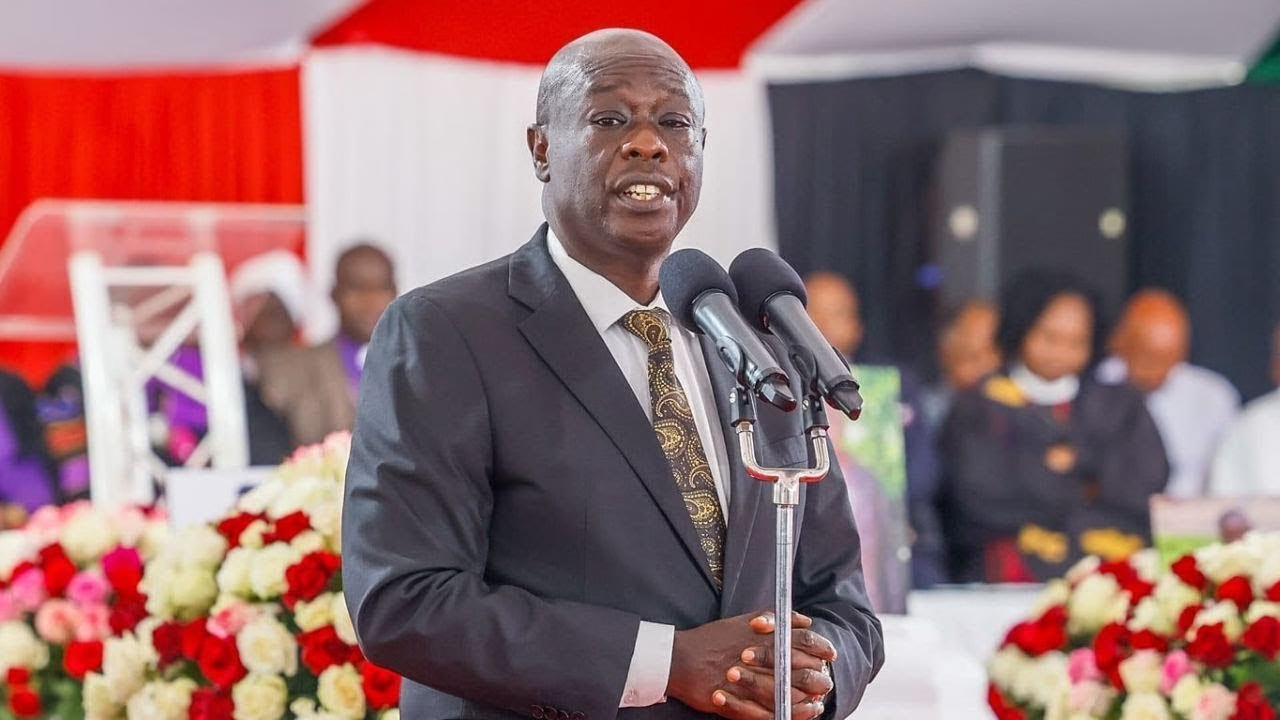
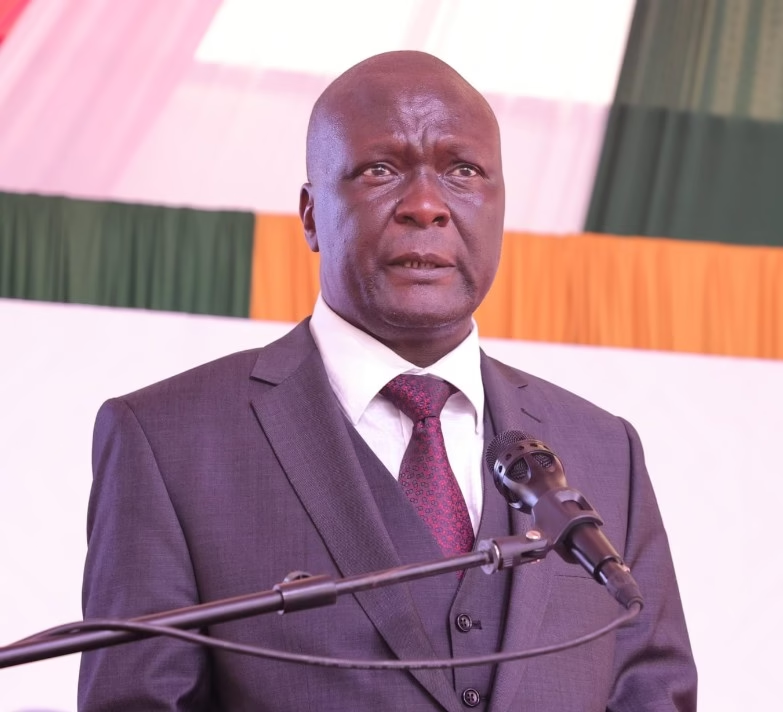

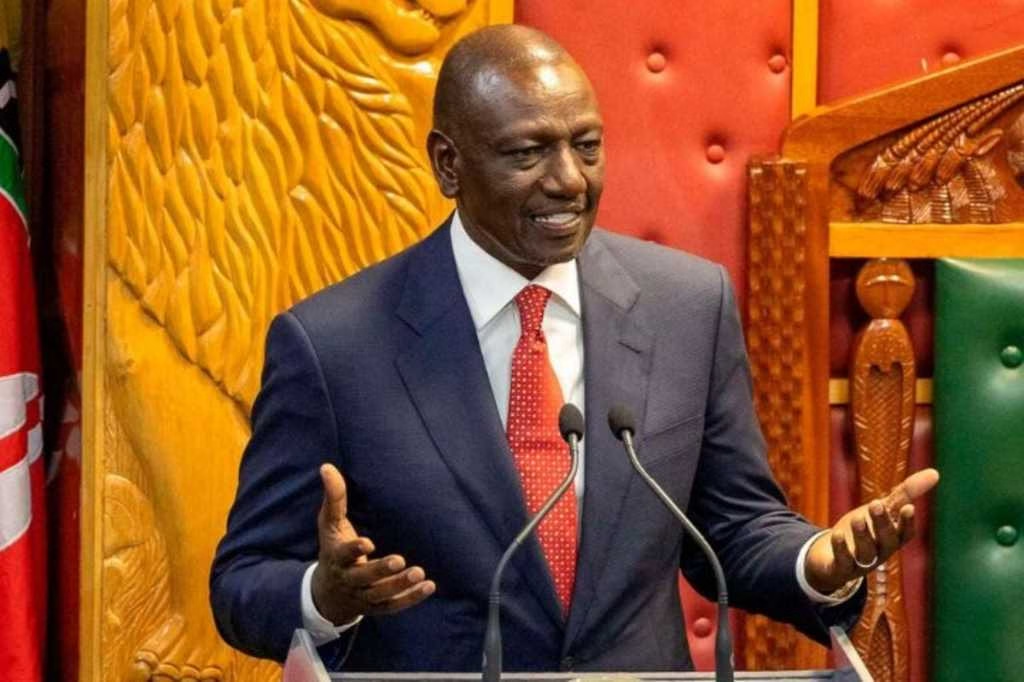

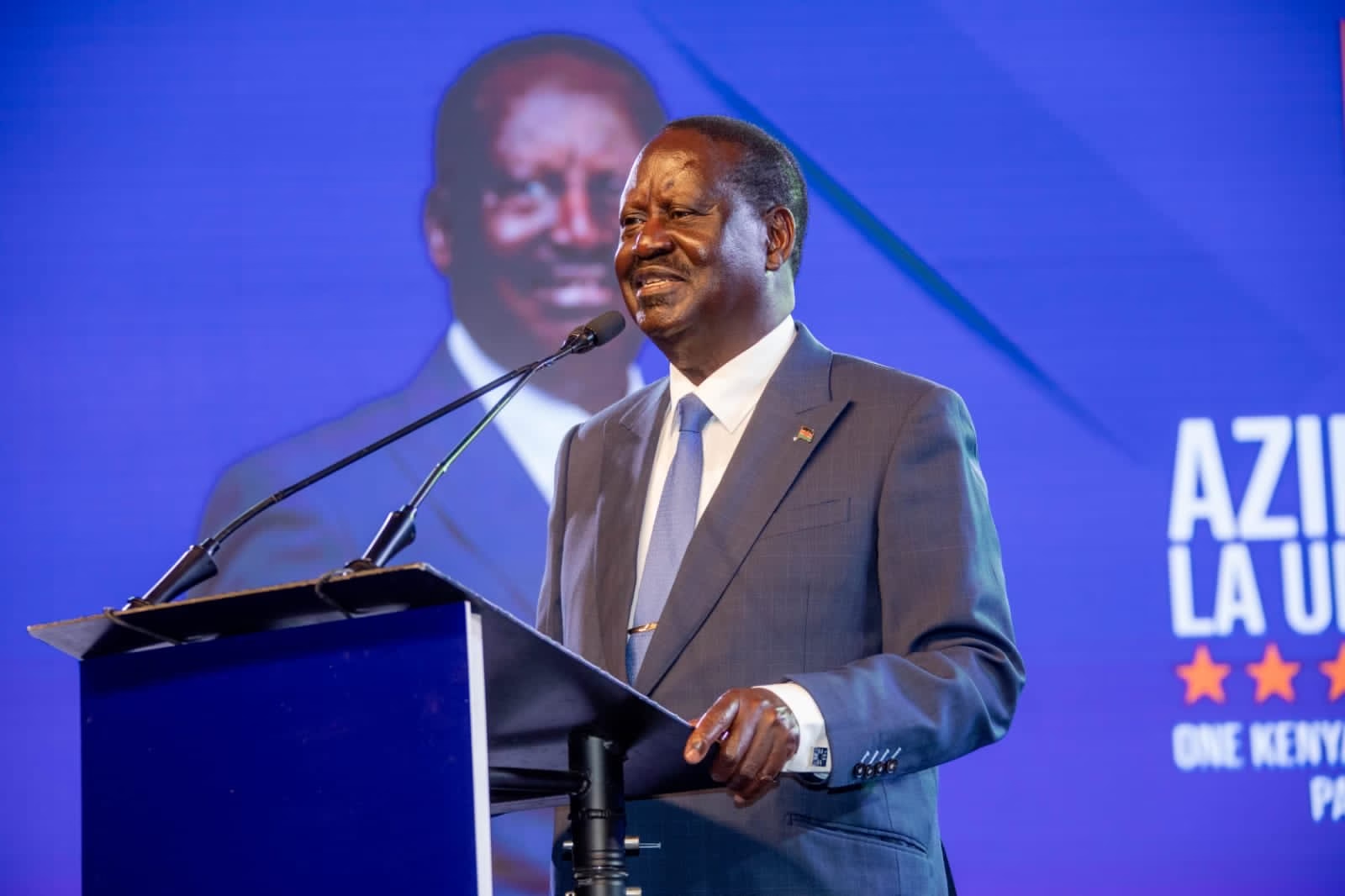
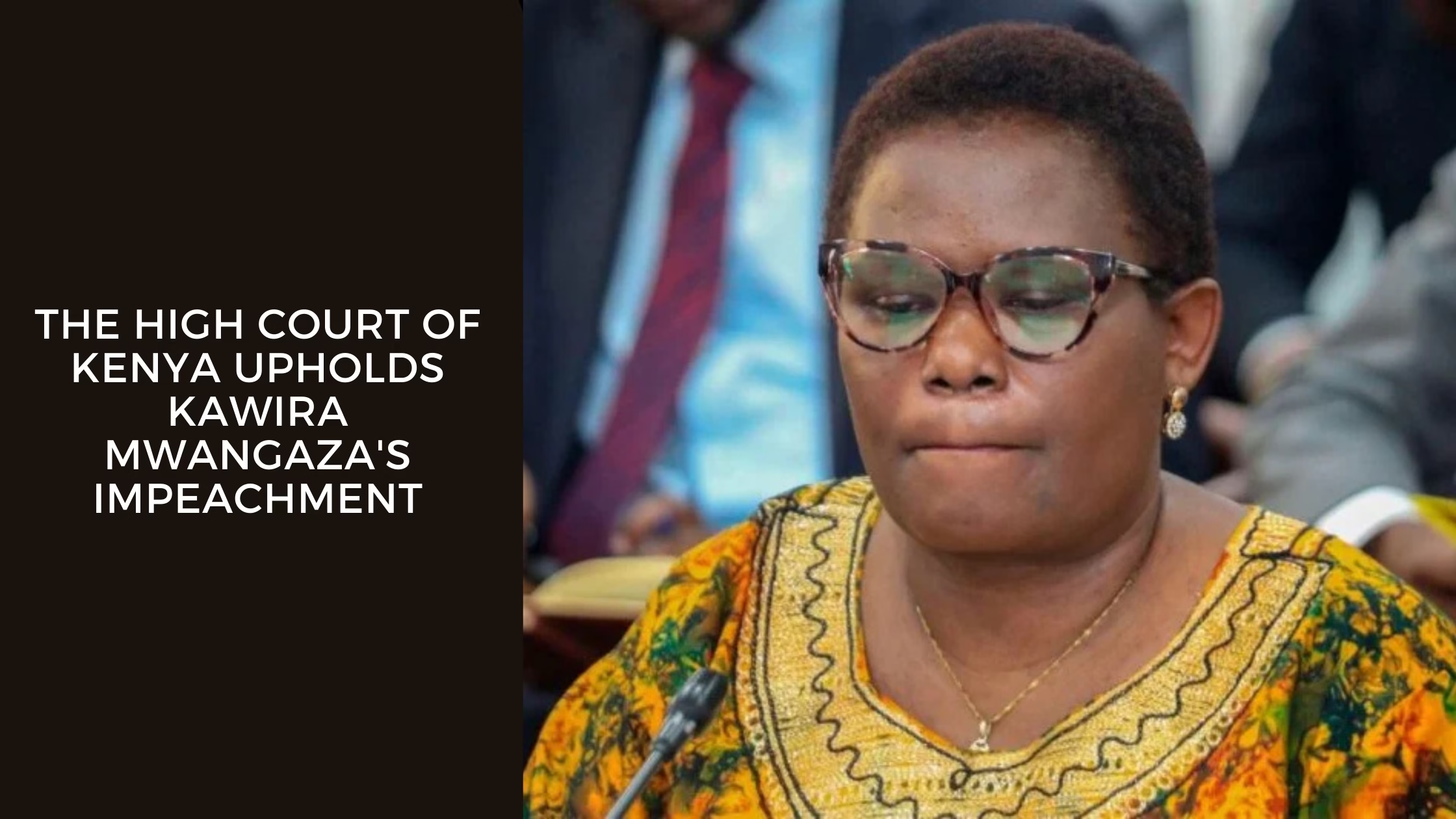
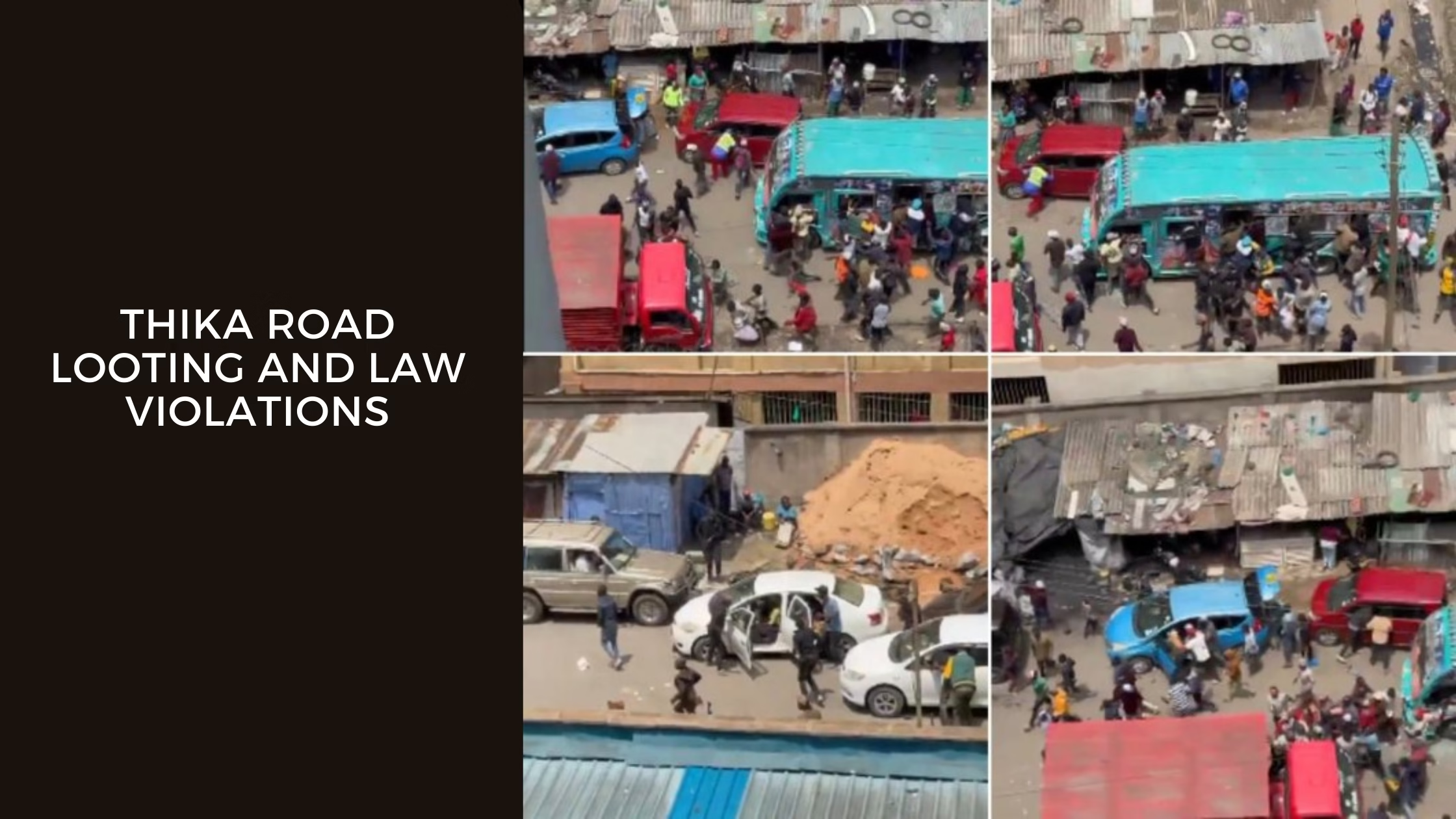
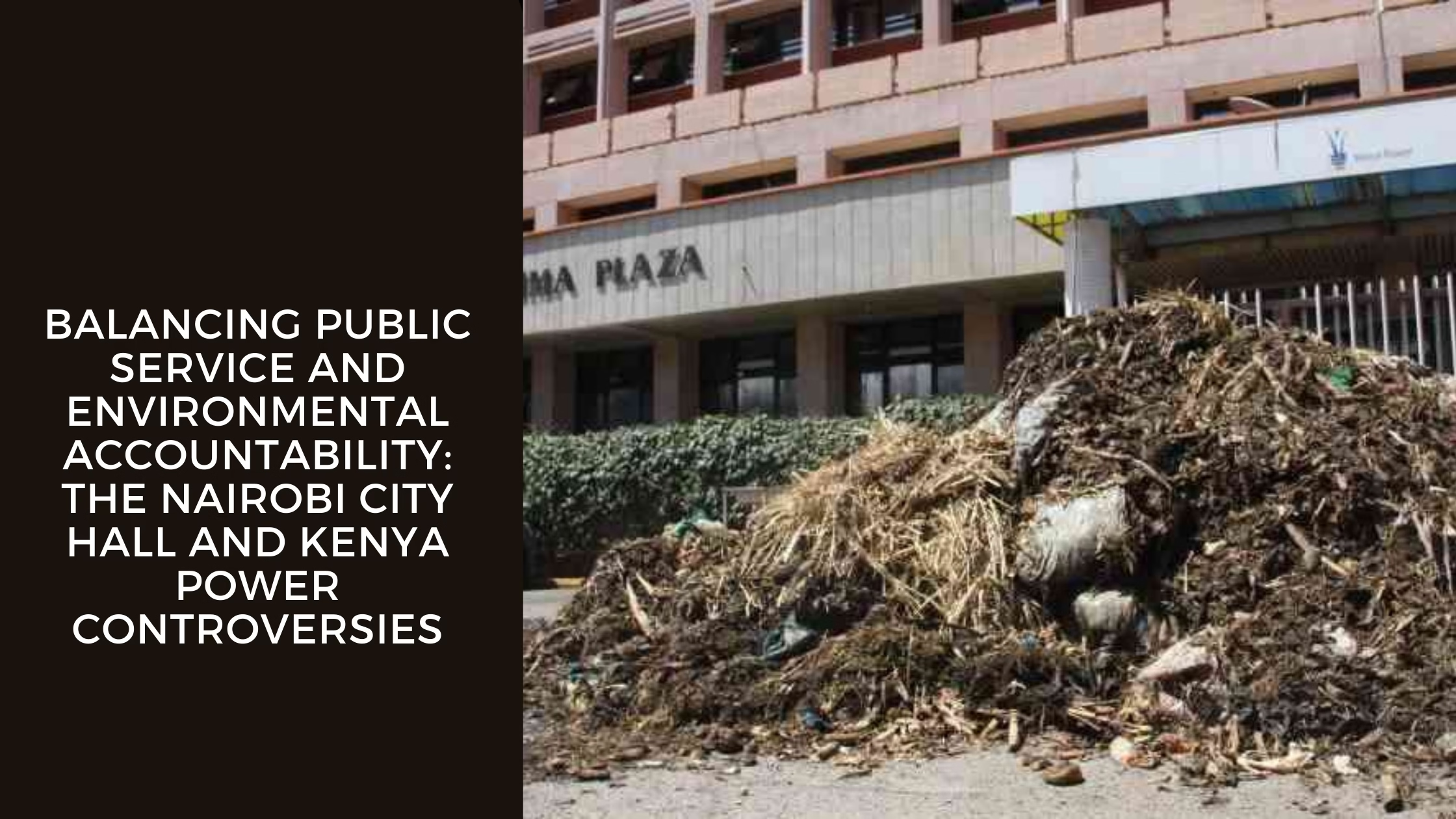
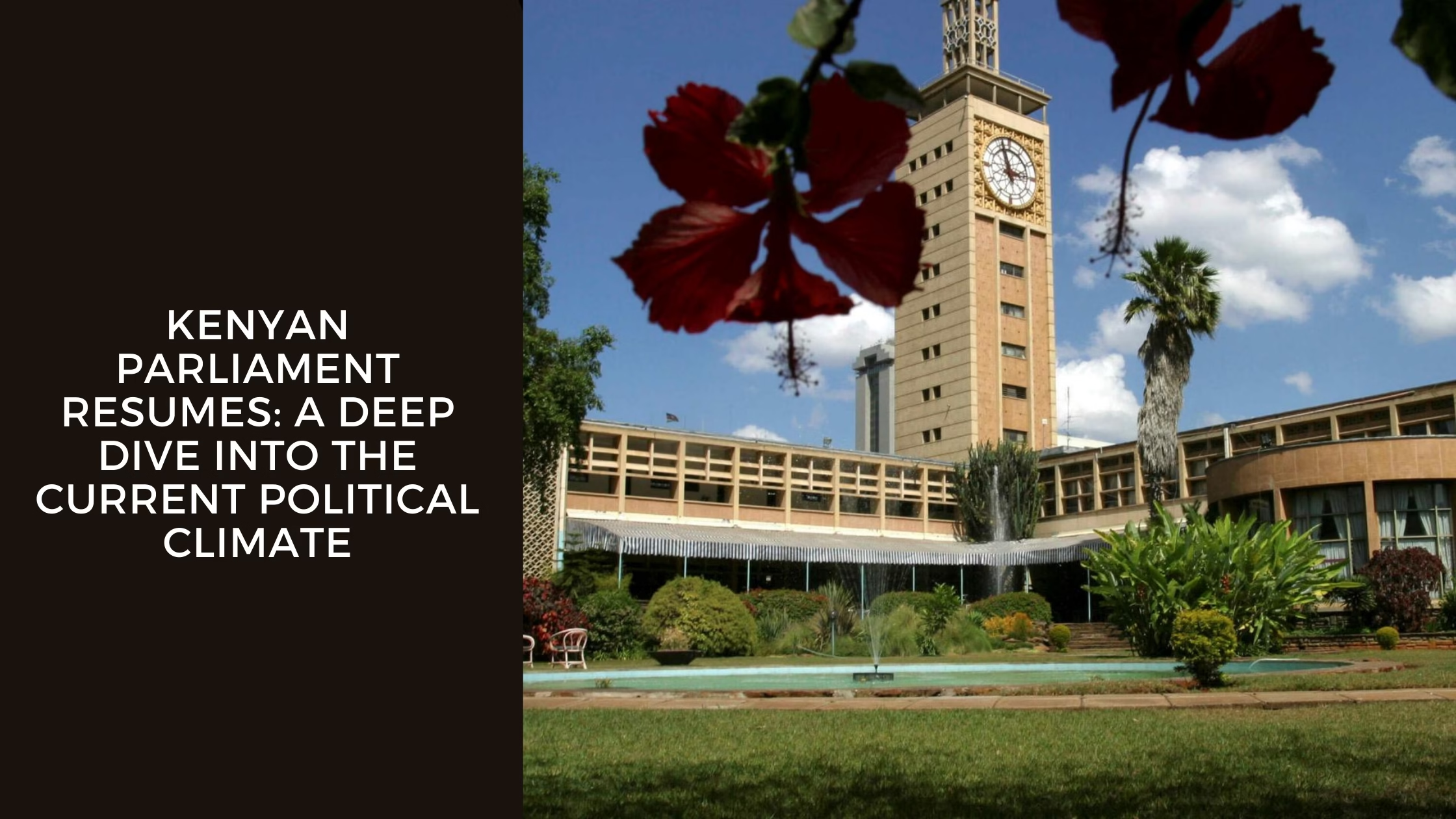
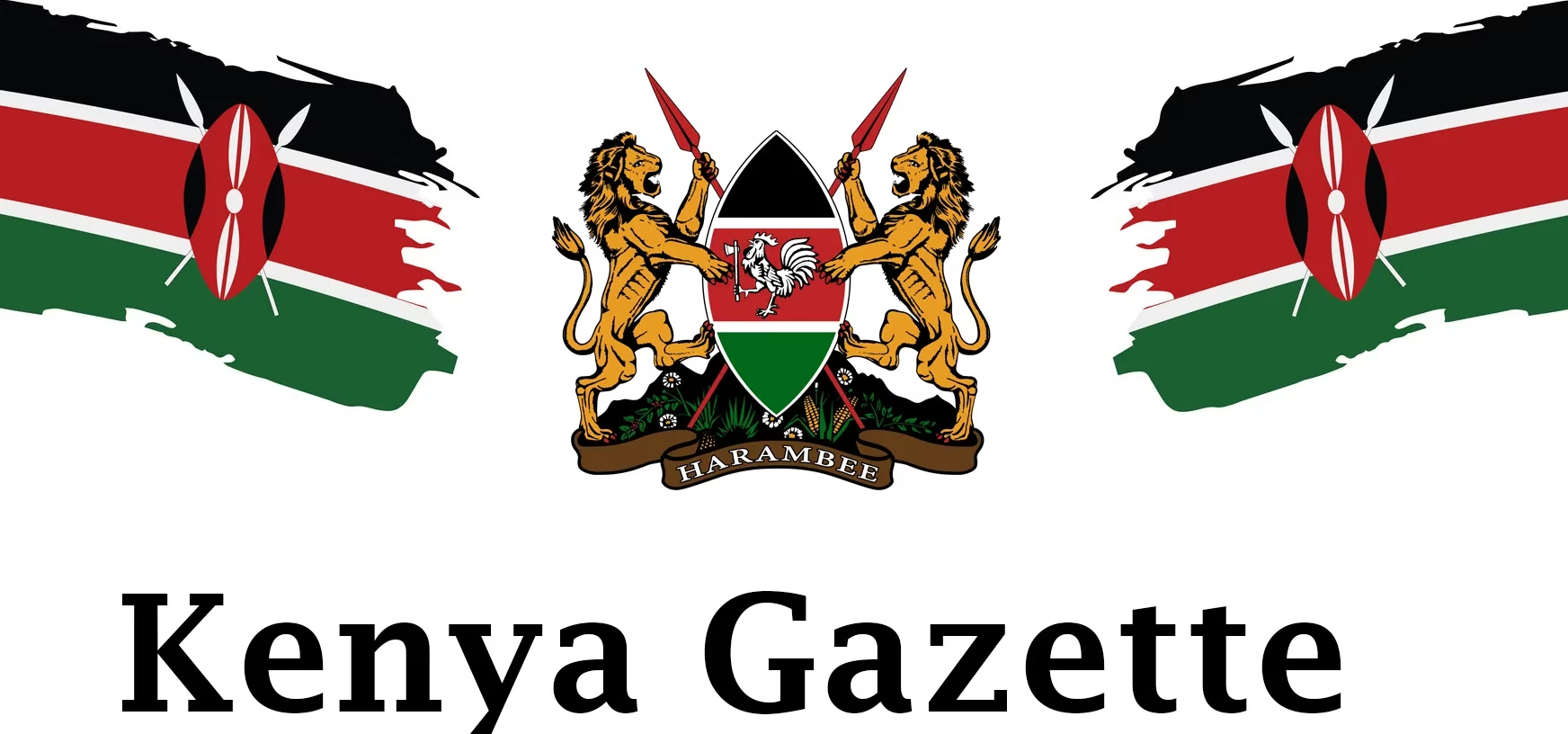
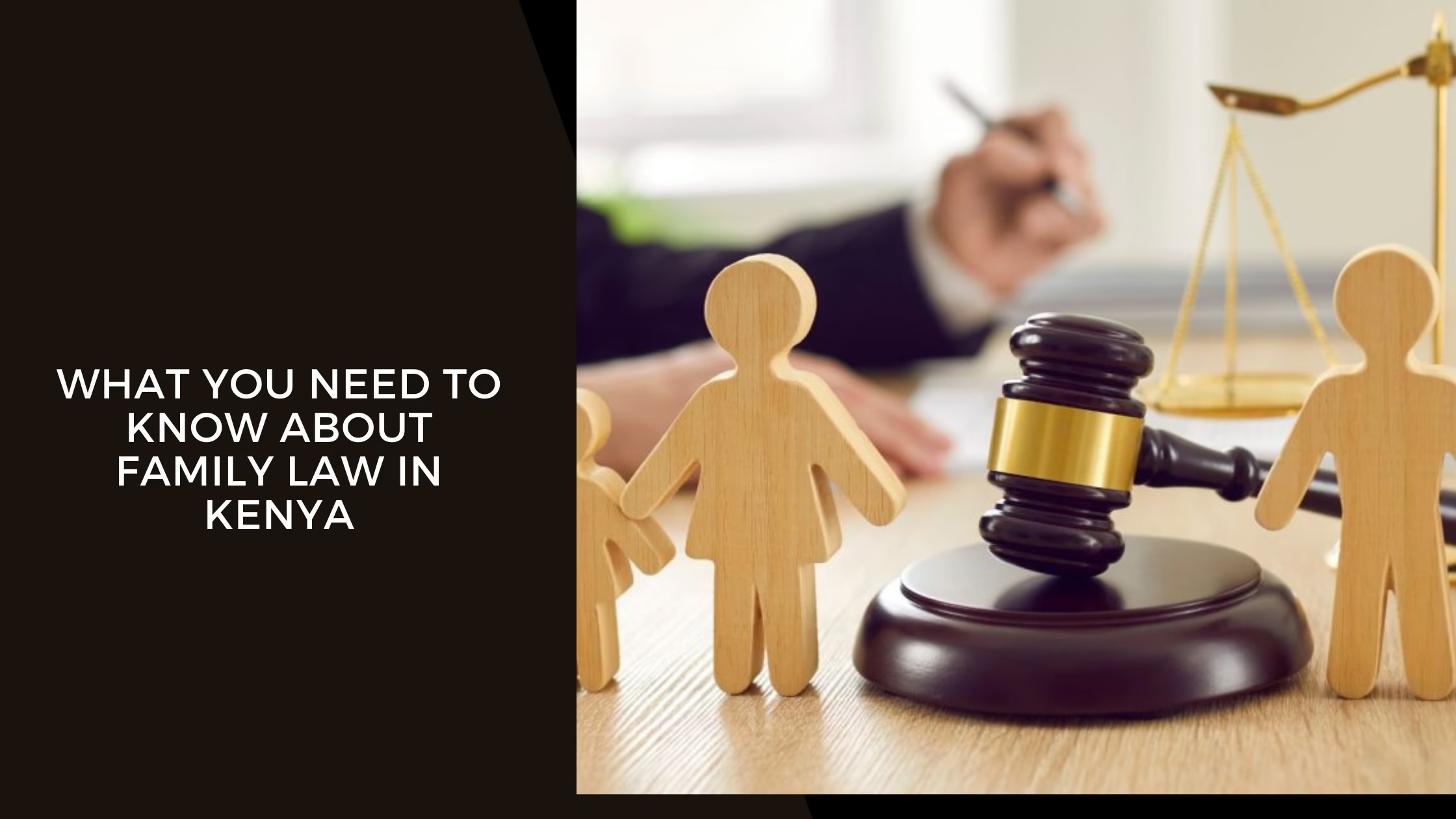
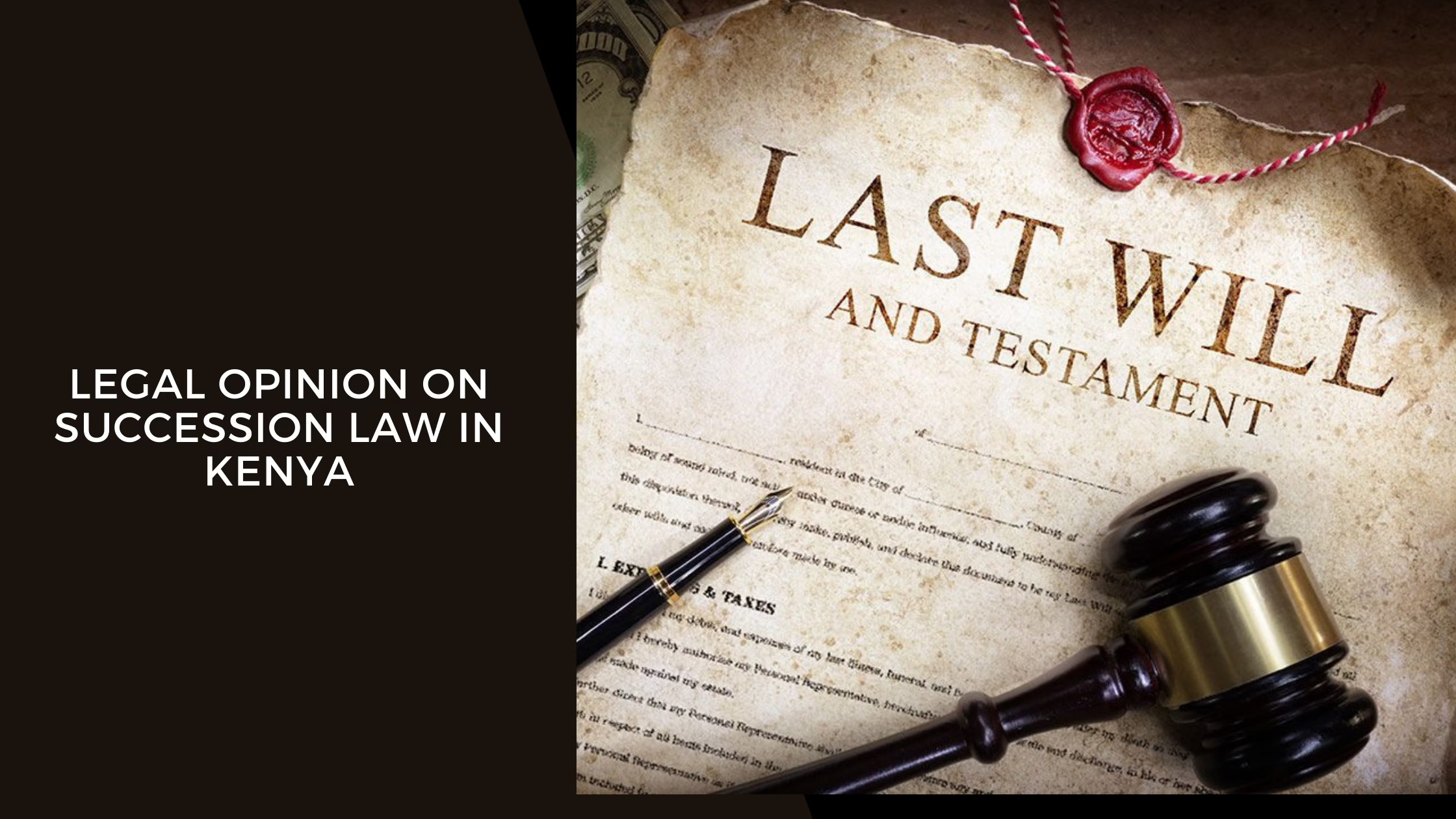
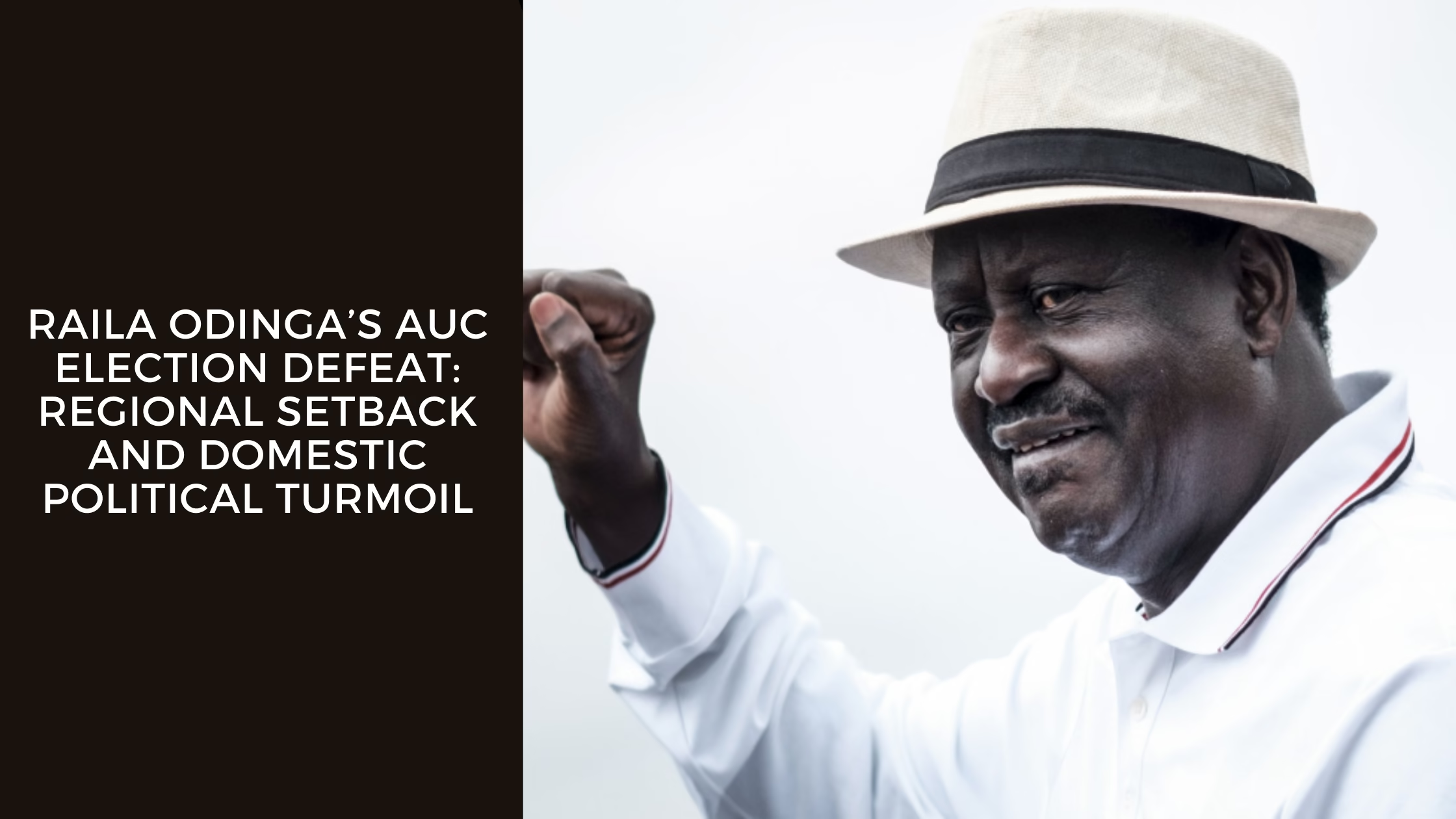
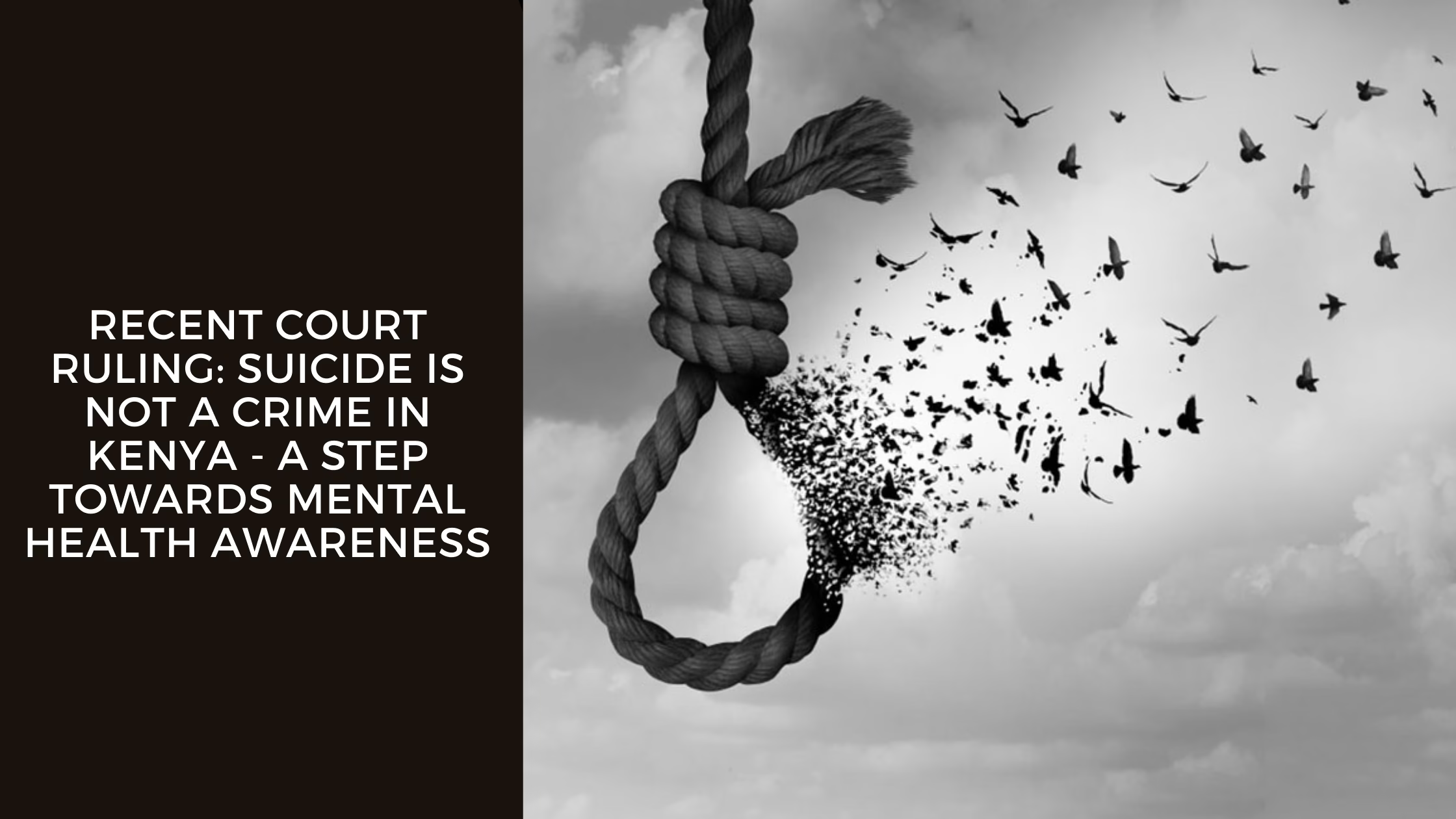
Leave a Reply